Unknown parties
In the global economy, flexibility in choosing business partners is crucial. Entities must be prepared to engage with previously unknown sub-subcontractors that may be introduced by other entities within the same operational network.
Risk-reward trade-off
Every entity has the autonomy to decide the acceptable risk/reward trade-off for each business transaction. In the reality of global business, this flexibility is a standard practice, allowing entities to make decisions that align with their specific risk appetite and business goals.
Implications
The BDI Framework operates on the concept of “perimeter-less trust,” which has several key implications:
- Trust is Not Delegated: Trust is not outsourced to a Trust Anchor or central Authority; each entity maintains control over its own trust decisions.
- Authentication Does Not Equal Trust: While authentication verifies identities, it does not automatically imply trust. Trust must be established independently.
- Contextual and Situational Trust: Trust is determined by the specific context and situation, such as the sensitivity of the data involved in a transaction.
- Reputation Matters: Reputation plays a significant role in assessing trustworthiness, influencing decisions on whether to engage with an entity.
- Federation of Trust Information: There is a need for federated trust information exchanges between entities or groups of entities to support informed trust decisions.
